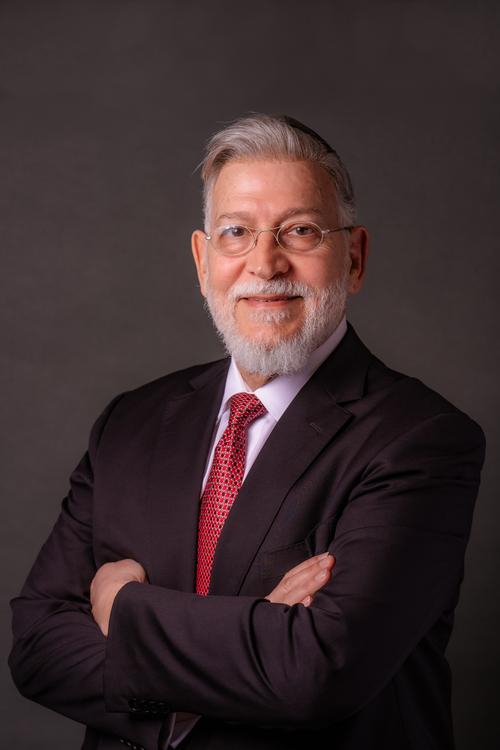You were found guilty of a crime and sentenced to prison in Florida. Now, however, there is new evidence that you believe casts reasonable doubt on your guilt. This evidence could change everything, but what should you do with it? How could this evidence change the outcome of your case?
Newly discovered evidence is a legal reason for post-conviction relief. Before you file a Motion to Vacate the verdict in your case, however, it is essential to know what the court considers to be new evidence and how to use this evidence effectively.
What Is Newly Discovered Evidence?
To get post-conviction relief because of newly discovered evidence, the new evidence must:
- Have not been available to you or your lawyer earlier, despite exercising due diligence. In other words, you and your lawyer would not have found the evidence even if you acted with reasonable care to find all relevant evidence. A criminal lawyer’s mistake in failing to find evidence that could have been reasonably found for your trial may allow you to seek post-conviction relief for ineffective assistance of counsel, but it will not allow you to seek post-conviction relief for newly discovered evidence.
- Have a reasonable probability of changing the outcome of your case. If you find a witness or physical evidence that is new to you but that is unlikely to change the court’s finding in your case, then the newly discovered evidence is not grounds for post-conviction relief.
Examples of Newly Discovered Evidence
Any evidence that is significant to your case and that could not have been reasonably found earlier may be considered newly discovered evidence. Some examples of newly discovered evidence include:
- A witness recanting or changing his or her testimony
- Someone else admitting to the crime
- DNA evidence
- New witnesses coming forward
- Credible evidence that the prosecution or police willfully concealed from you or your lawyer
The list above is not all-inclusive. Other forms of evidence may also be considered newly discovered evidence and should be discussed with your post-conviction relief lawyer so that all of your rights are protected.
What to Do With New Evidence
It is important to act quickly by contacting a Florida post-conviction relief lawyer if you discover new evidence.
 In most post-conviction relief claims (also known as Motions to Vacate), you have two years from the date of your final judgment to file your post-conviction relief judgment with the court. However, the same is not true in post-conviction relief claims based on newly discovered evidence. In these cases, you have two years from the time you discover new evidence to make a legal claim for post-conviction relief.
In most post-conviction relief claims (also known as Motions to Vacate), you have two years from the date of your final judgment to file your post-conviction relief judgment with the court. However, the same is not true in post-conviction relief claims based on newly discovered evidence. In these cases, you have two years from the time you discover new evidence to make a legal claim for post-conviction relief.
Unlike your criminal trial where the burden was on the state to prove your guilt, the burden is now on you to prove that you could not have reasonably discovered the evidence before your trial and that the evidence may make a difference in determining the outcome of your case.
You Need a Skilled Defense Attorney to Help Overturn a Conviction
Don’t handle your post-conviction relief claim on your own. You may not have another chance to have the newly discovered evidence considered. Depending on the totality of evidence still available in your case, the court may decide to dismiss the charges against you if the new evidence you present is persuasive. In other situations, the court may allow your case to be prosecuted again.
Your Motion to Vacate your sentence based on newly discovered evidence deserves consideration. Call The Law Offices of Robert David Malove today. Our legal team has more than 60 years of combined legal experience, and we will do everything we can to make sure your Motion to Vacate is considered by the court. We know what you have at stake and we will fight hard to achieve justice for you. Call a board-certified lawyer or fill out our online contact form today to find out more about your rights and about how we may help you achieve your legal goals.
| Related Links: |




